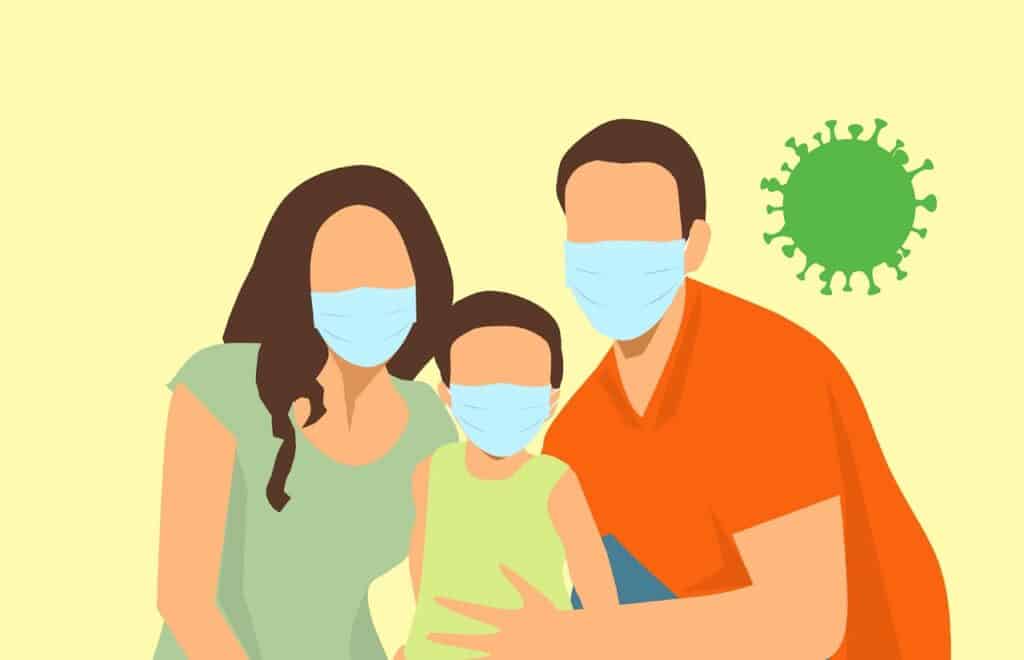Posted by: Center for Sight New York in Blog

Center for Sight is here to support but we have some guidelines below!
Expect changes to eye exams and procedures during the pandemic
- You should wear a mask to your appointment. If you do not have a mask, one may be provided for you.
- The clinic may ask you to wait outside, or in your car, instead of in the normal waiting room. This is to protect you, the other patients, and the office staff from possible virus exposure in crowded waiting areas.
- The clinic is likely restricting the number of people that enter. If you do not need someone to be there with you for the actual appointment, please do not bring anyone into the building with you.
- Your temperature may be checked on entry to the building.
- Your eye doctor may use a special plastic breath shield on the slit lamp machine they use to look into your eyes. They will also wear a mask, and may also wear gloves, goggles or a plastic shield over their eyes.
- Your doctor may ask you to wait to speak until after your eye exam is complete. Then they can talk with you and answer questions when they can be a safe distance from you.
You will be asked to follow certain precautions
- If you have a cough or a fever, or have been in close contact with someone who has these symptoms, you must call your doctor’s office ahead of time and let them know. If your visit is not an emergency, you may need to stay home.
- If you arrive sick, your doctor may ask you to return home. If you have a problem that cannot wait to be seen, you will be asked to wait in a special room away from other patients. The clinic staff and your physician may wear additional protective equipment, such as gowns and gloves.
- If you need to cough or sneeze during your exam, move back from the slit lamp microscope machine. Bury your face in the crook of your arm or cover your face with a tissue. Wash your hands with soap and water right away.
Ophthalmologists are always available for eye emergencies
Remember that ophthalmologists are always available to treat urgent/emergency eye issues, deliver eye injections and provide critical care.
Call us as soon as possible in the following situations:
- You have macular degeneration or diabetic retinopathy and get regular eye injections;
- You notice changes in your vision (like blurry, wavy or blank spots in your field of vision);
- You have an eye injury, even if it seems minor;
- You notice new floaters or flashes in your vision;
- You suddenly lose some vision;
- You have a red eye or eye pain, especially if associated with headache, nausea or vomiting.
